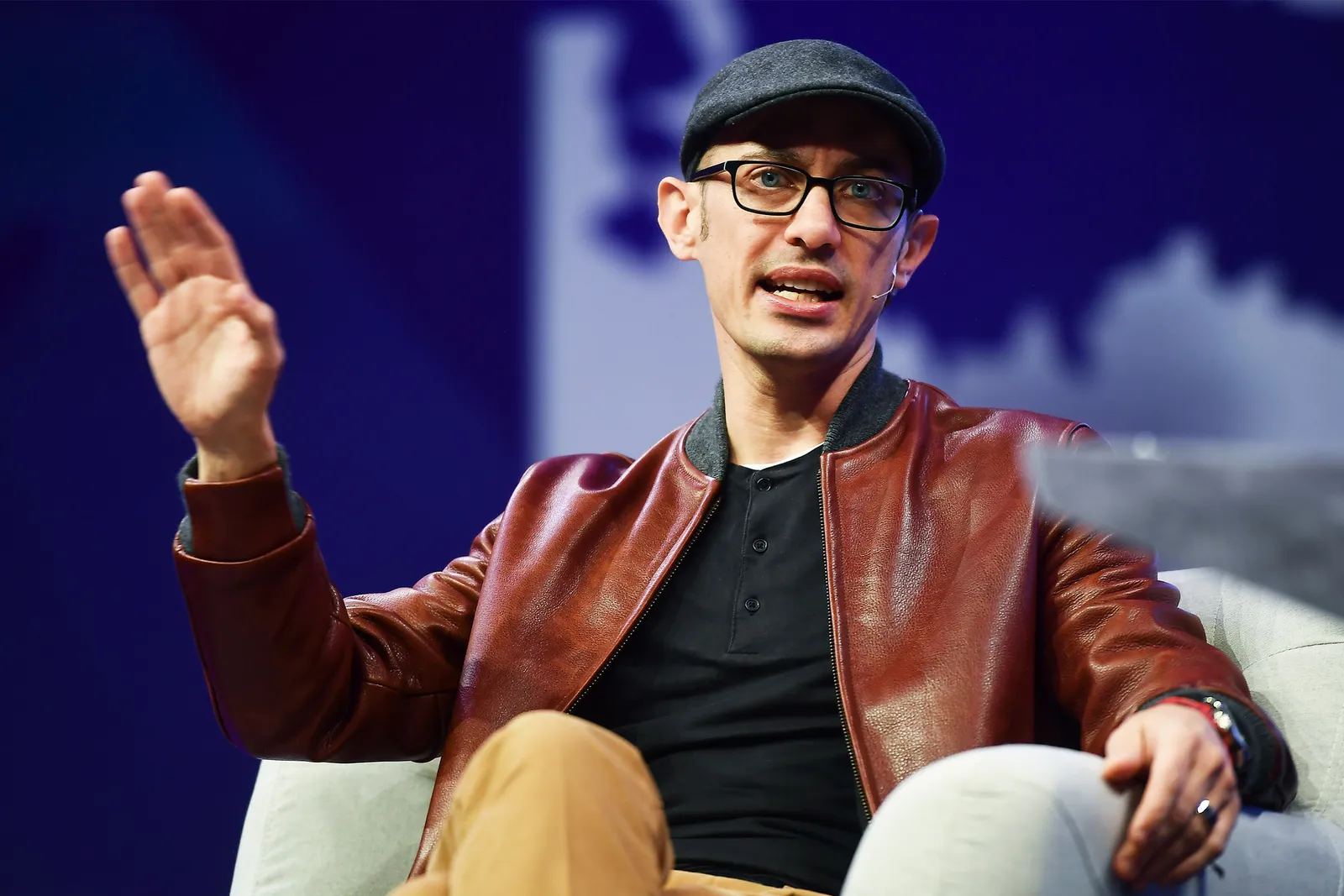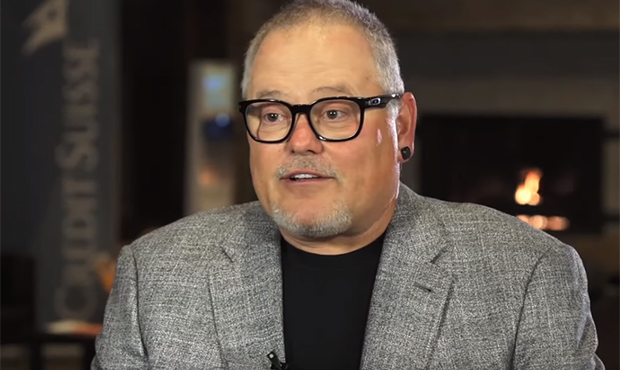Tobi Lütke: The Architect of Shopify’s E-commerce Empire
Tobi Lütke’s rise from a small-town programmer in Germany to the CEO of one of the world’s leading e-commerce platforms, Shopify, is a tale of innovation, resilience, and visionary leadership. His journey underscores the transformative power of technology and the relentless pursuit of solving real-world problems.
Early Life and Background

Image Source: wired.com
Born in Koblenz, Germany, Tobi Lütke’s fascination with computers began at an early age. By the age of 12, he was already modifying computer hardware and writing code, showcasing an innate talent for technology. Traditional education systems failed to capture his interest, and he dropped out of high school, opting instead for an apprenticeship as a computer programmer. This hands-on experience laid a strong foundation for his technical skills and innovative thinking.
Move to Canada and Birth of Shopify
In 2002, Lütke moved to Canada, a decision that would prove pivotal for his career. He initially joined his partner, Fiona McKean, in Ottawa. To keep himself busy, Lütke decided to create an online store to sell snowboarding equipment. Frustrated with the existing e-commerce solutions, he took matters into his own hands, leveraging his programming skills to build a more user-friendly platform. This was the genesis of Shopify, which officially launched in 2006.
Shopify’s initial focus was on providing small and medium-sized businesses with an easy-to-use platform to build and manage online stores. Lütke’s vision was to democratize e-commerce, making it accessible to everyone, regardless of their technical expertise. His commitment to creating a robust, scalable, and flexible solution attracted early adopters and investors.
Overcoming Challenges
The journey to success was not without challenges. The 2008 financial crisis posed a significant threat to Shopify’s growth. However, Lütke’s strategic thinking and adaptability helped the company navigate through tough times. He focused on improving the product and expanding its feature set, which eventually paid off as more businesses turned to online solutions in the aftermath of the crisis.
Under Lütke’s leadership, Shopify experienced exponential growth. The company went public in 2015, raising over $131 million in its IPO. This milestone marked Shopify’s transition from a promising startup to a major player in the e-commerce industry. Lütke’s emphasis on continuous innovation and customer-centric approach has been instrumental in maintaining Shopify’s competitive edge.
Today, Shopify powers over a million businesses worldwide, ranging from small independent shops to large enterprises. Lütke continues to drive the company’s vision forward, exploring new technologies and expanding its ecosystem. Initiatives like Shopify Plus, Shopify Capital, and partnerships with social media giants reflect Lütke’s forward-thinking approach to staying ahead in a dynamic market.
Tobi Lütke’s journey from a young coder in Germany to the CEO of Shopify is a testament to his visionary leadership and relentless pursuit of innovation. His story serves as an inspiration for aspiring entrepreneurs, highlighting the importance of solving real problems, embracing challenges, and continuously evolving to build a lasting impact in the world of business.

I am a law graduate from NLU Lucknow. I have a flair for creative writing and hence in my free time work as a freelance content writer.








